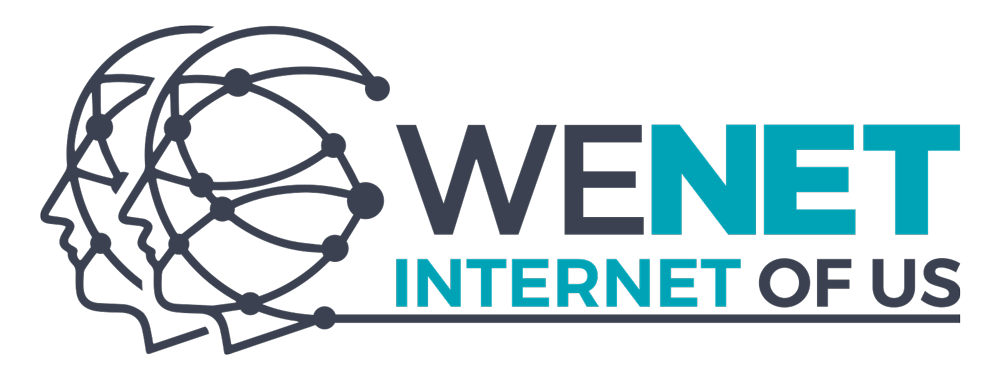WeNet eLearning Platform
The WeNet Consortium announces the availability of the WeNet eLearning Platform. It hosts WeNet’s online courses that are available to students and the general public. The eLearning platform can be found at https://elearning.internetofus.eu and interested users can create an account and join the available courses.
The eLearning Platform is based on Moodle, an open source learning content management system and offers distance learning courses, collaboration tools and self-evaluation activities along with educational content that is designed to guide and introduce students to the WeNet’s project topics. Educational content is available in the form of video lectures, scientific articles, links, short projects, and activities such as quizzes and questionnaires.
 Currently, the eLearning Platform hosts the WeNet Data Protection Forum (DPF), which gives WeNet researchers a platform for intensive and substantive exchange on questions of privacy and data protection. The Data Protection Forum consists of an online tool, a series of mediated face to face meetings and workshops.
Currently, the eLearning Platform hosts the WeNet Data Protection Forum (DPF), which gives WeNet researchers a platform for intensive and substantive exchange on questions of privacy and data protection. The Data Protection Forum consists of an online tool, a series of mediated face to face meetings and workshops.
The online tool invites WeNet researchers to start a conversation on privacy and data protection. It is a platform where researchers can collect questions and problems that arise during our work in WeNet and discuss possible solutions. The online forum has three branches: questions concerning data collection, questions concerning data processing and questions concerning data storage. Further topics can be added as needed.
The series of face to face meetings employs various conversational methods from business consulting as well as methods from civic education, civic involvement, civic participation and workshops with experts on persistent problems.
In the Barcelona project’s meeting, EKUT will initiate our face to face conversation on privacy and data protection with a “World Café”. World Café is a method for a structured conversational process. The main idea of the method “World Café” is to engage people in a discussion on a defined subject matter to share knowledge in an informal way – building on the observation that the most important conversations on conferences very often happen during the coffee breaks.
The atmosphere of the conversation is similar to an everyday conversation in a street café: The participants start out to discuss a topic at several tables and switch tables during the session. At each table, there are hosts who give a short introduction to newcomers, summarize what has been discussed so far and get the conversation going again. The participants meanwhile write, draw, and scribble what they think is important on the paper “table cloth” provided at each table. Participants are invited to pursue topics further by multiple changes. At the end, a plenary round will be held in which the participants present and reflect their results. In this plenary session, strategies for further action and opportunities for further cooperation will be identified by the participants.
The goals of the forum are:
- Identification of problems
- Mutual advice
- Homogenisation of problem-solving within WeNet
- Documentation of process and results for EU-Commission
International Center for Ethics in the Sciences and Humanities, Eberhard Karls Universität Tübingen
Dr. Karoline Reinhardt
Laura Schelenz
Computational Cognition Lab | Open University of Cyprus
Dr Christos Rodosthenous





